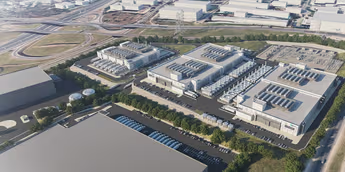Former Nigerian President Muhammadu Buhari Dies at 82 — Tributes and Criticisms Trail His Passing

Nigeria’s former President, Muhammadu Buhari, has died at the age of 82 in London after a prolonged illness. The news, confirmed by the Nigerian presidency, has sparked a wave of mixed reactions across the country and beyond — with tributes pouring in from world leaders and political allies, while critics revisit controversies that marked his time in office.
Tributes from Leaders and Supporters
President Bola Ahmed Tinubu described Buhari as “a man of deep convictions who dedicated his life to the service of the Nigerian people.” He lauded Buhari’s anti-corruption stance, military discipline, and infrastructural efforts during his presidency (2015–2023).
International figures, including the African Union, ECOWAS, and former world leaders, expressed condolences, highlighting Buhari’s role in stabilizing Nigeria’s democracy and fighting insurgency in the Northeast.
“Buhari was a central figure in Nigeria’s modern history — both revered and debated,” said former Ghanaian President John Mahama. “His legacy will remain part of Africa’s story.”
Criticisms Resurface
However, Buhari’s death has also reignited criticisms, especially from civil society groups, youth movements, and political opposition. Many recall the economic struggles, high unemployment rates, and clampdowns on free speech during his tenure.
On social media, #EndSARS resurfaced as a trending topic, with many Nigerians remembering the 2020 protests against police brutality — and the government’s controversial response under Buhari’s leadership.
Human rights activists also revisited issues such as:
Alleged disregard for court orders
Press freedom violations
Military crackdowns on civilians
The prolonged detention of critics and journalists
“While we send our condolences to his family, history will remember President Buhari as a leader whose administration suppressed dissent and failed to unite the country,” said Aisha Yesufu, a prominent activist.
A Mixed Legacy
Muhammadu Buhari was born on December 17, 1942, in Daura, Katsina State. He first ruled Nigeria as a military head of state from 1983 to 1985 before returning as a democratically elected president three decades later.
Loved by supporters for his anti-corruption campaign and disciplinarian style, yet criticized for democratic backsliding and economic mismanagement, Buhari leaves behind a complex legacy that continues to divide public opinion.
Funeral arrangements are expected to be announced soon, as the nation enters a period of official mourning.




















































































































































































































































































































































































































































































































































































































































































































































































































































































































































































































































































































































































































































































































































